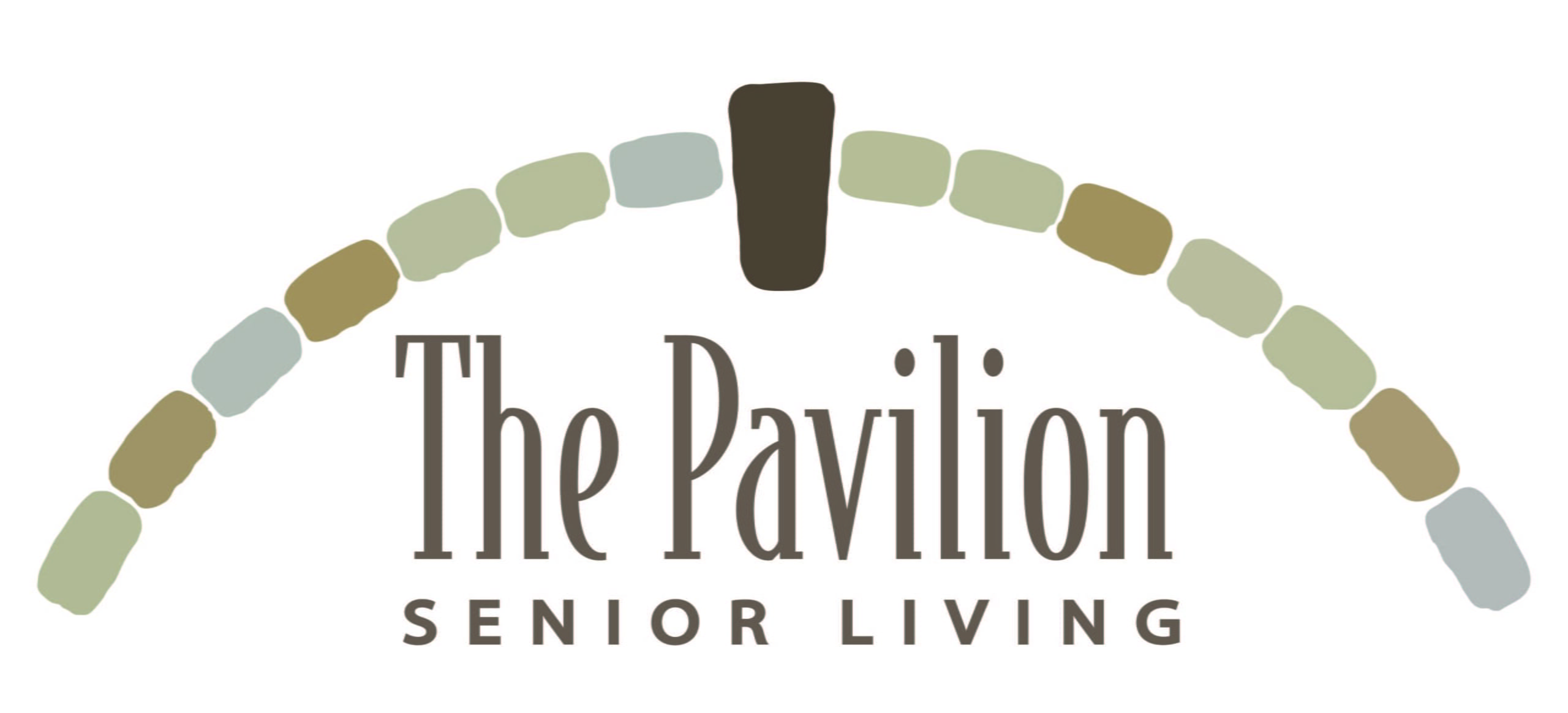While we tend to associate the month of February with love and Valentine’s Day, February is also American Heart Month. This is a nationally recognized occasion meant to raise awareness about heart disease and help individuals prioritize their heart health.
The heart is one of our most vital organs, pumping blood and oxygen to all parts of the body. When your heart is healthy and functioning properly, it positively impacts your overall wellness.
On the other hand, poor heart health can adversely affect your overall health. Unfortunately, heart disease is more common than many people realize. According to the American Heart Association, 48% or 121.5 million adults over the age of 20 are affected by a form of cardiovascular disease.
In honor of American Heart Month, our team at The Pavilion Senior Living is sharing information about heart disease and what you can do to promote heart health.
Understanding the Basics of Heart Disease
One of the first steps in promoting heart health is understanding the basics of heart disease and how you can reduce your chances of developing a cardiovascular condition. Knowledge is power, so familiarizing yourself with common types, risk factors, and symptoms can go a long way in helping you promote overall heart health.
The Heart and Stroke Foundation of Canada states, “heart disease is any condition that affects the structure or function of the heart. Most people think of heart disease as one condition. But in fact, heart disease is a group of conditions with many different root causes.”
Five common types of heart disease, according to Medical News Today, include:
- Coronary artery disease – This is the most common type of heart disease and occurs when the arteries that supply blood to the heart become clogged with plaque.
- Arrhythmia – This refers to an irregular heartbeat, meaning the heart beats too quickly, slowly, or erratically.
- Dilated cardiomyopathy – This occurs when the chambers of the heart become dilated, leading to the heart muscle stretching and becoming thinner.
- Myocardial infarction – Also called a heart attack, involves an interruption of blood flow to the heart and can cause damage to the heart muscle.
- Congenital heart defects – There are many types of congenital heart defects; this form refers to a person born with a heart problem.
Like many chronic illnesses and conditions, several risk factors contribute to heart disease. If you know what risk factors apply to you, you can make certain lifestyle changes to reduce your chances of developing a heart condition. Some common risk factors of heart disease include:
- High blood pressure and cholesterol
- Diabetes
- Obesity
- Unhealthy diet
- Physical inactivity
While there are many types of heart disease, the Centers for Disease Control and Prevention (CDC) lists common symptoms associated with heart disease as:
- Chest pain or discomfort
- Upper back or neck pain
- Extreme fatigue
- Dizziness
- Shortness of breath
- Palpitations or fluttering feelings in the chest
Promoting Heart Health
Exercise Regularly
A lack of physical activity is one of the most significant risk factors for heart disease. A great way to decrease your chances of developing a cardiovascular condition and improve heart health is to ensure you get enough daily exercise.
However, your physical activity doesn’t have to be super high intensity to make an impact. Instead, focus on trying a variety of activities, including strength training exercises, activities that improve your balance and flexibility, as well as aerobic exercises that increase your heart rate and get your blood pumping.
Consume a Healthy Diet
Maintaining a healthy diet is beneficial for your overall wellness, but it also goes a long way in promoting heart health and decreasing your risk of developing heart disease.
Plant-based foods like fresh fruits, vegetables, and whole grains nourish your body with the vitamins and nutrients it needs (without adding the fats and cholesterol that can be bad for your heart).
Maintain Healthy Blood Pressure and Cholesterol Levels
Because high blood pressure and cholesterol rarely show symptoms, it can be difficult to know if your levels are too high. Fortunately, regular check-ups with your doctor can help you make sure your levels remain in the healthy range.
If your blood pressure or cholesterol levels are too high, your doctor can advise ways to lower them to within a healthy range.
All aspects of our health are connected; by prioritizing heart health, you are promoting your overall wellness.
At The Pavilion Senior Living, our communities throughout Tennessee help make leading an active and healthy lifestyle a natural part of your daily routine. We invite you to visit our website or contact a member of The Pavilion Senior Living team to learn more about our care and services.




